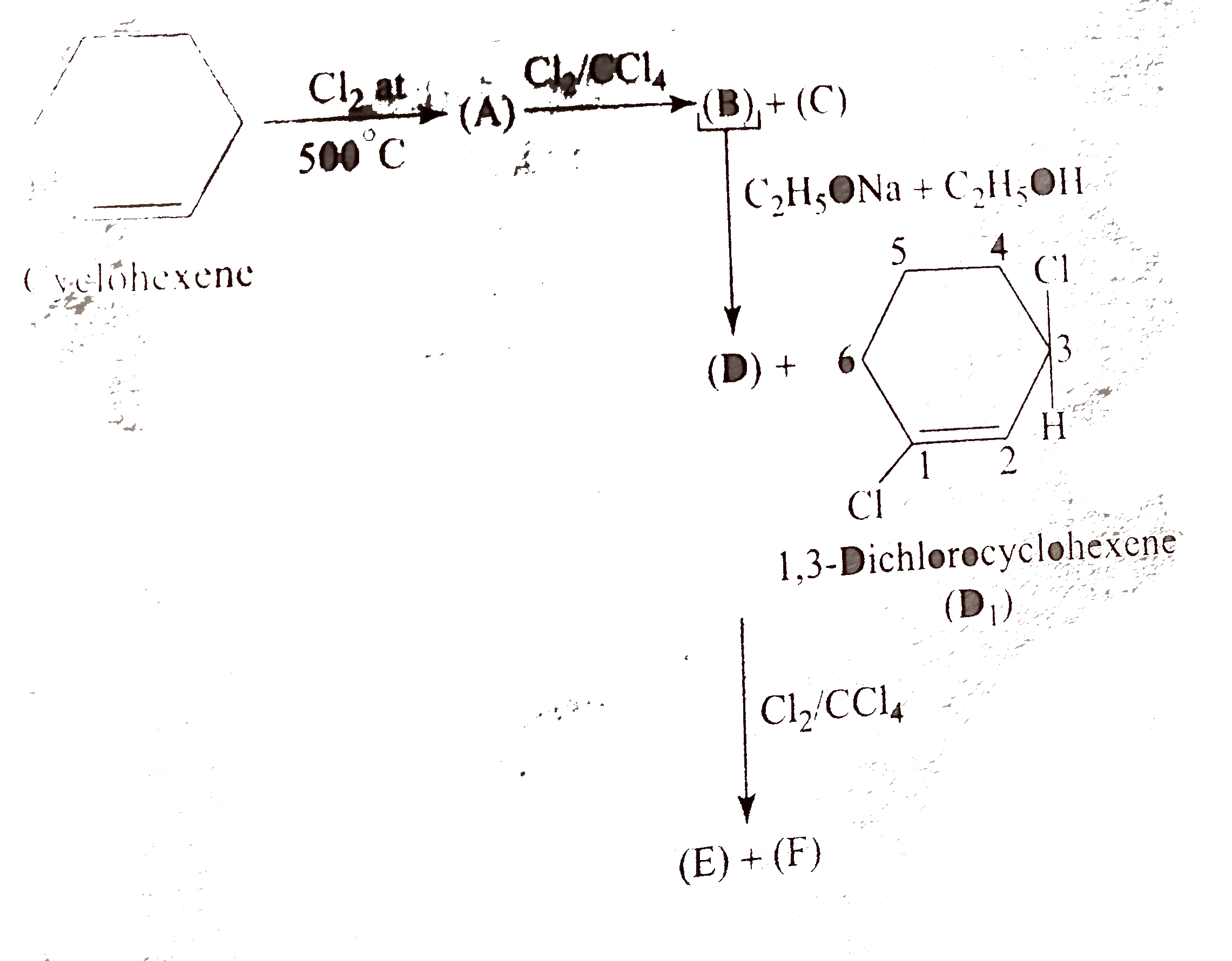If EandFare the complementary events of events EandF, respectively, and if P(F) ∈ [0,1]
P(¯¯¯EF)+P(¯¯¯EF)=1
P(EF)+P(E¯¯¯F)=1
P(¯¯¯EF)+P(E¯¯¯F)=1
P(E¯¯¯F)+P(¯¯¯E¯¯¯F)=1
The correct Answer is:(a,b)
Step by step video & image solution for If E and F are the complementary events of events E and F , respectively, and if P(F) in [0,1] by Maths experts to help you in doubts & scoring excellent marks in Class 12 exams.
Topper's Solved these Questions
- BOOK - ARIHANT MATHS ENGLISHCHAPTER - PROBABILITYEXERCISE - Exercise (Passage Based Questions)27videos
PROBABILITY
- BOOK - ARIHANT MATHS ENGLISHCHAPTER - PROBABILITYEXERCISE - Exercise (Single Integer Answer Type Questions)10videos
PROBABILITY
- BOOK - ARIHANT MATHS ENGLISHCHAPTER - PROBABILITYEXERCISE - Probability Exercise 1: Single Option Single Correct Type Question1videos
PROBABILITY
- BOOK - ARIHANT MATHS ENGLISHCHAPTER - PERMUTATIONS AND COMBINATIONS EXERCISE - Exercise (Questions Asked In Previous 13 Years Exam)28videos
PERMUTATIONS AND COMBINATIONS
- BOOK - ARIHANT MATHS ENGLISHCHAPTER - PRODUCT OF VECTORSEXERCISE - Exercise (Questions Asked In Previous 13 Years Exam)51videos
PRODUCT OF VECTORS
Similar Questions

(E) and (F), respectively, are :View SolutionIf E and F are independent events, then write P(E∪F)
View SolutionProve that if E and F are independent events, then so are the events E and F.
View SolutionIf E and F are independent events such that 0<P(E)<1 and 0<P(F)<1, then (a) EandF are mutually exclusive (b) EandFc (the complement of the event F ) are independent (c) EcandFc are independent (d) P(E/F)+P(Ec/F)=1
View SolutionIf E' denote the complement of an event E , what is the value of P(E')+P(E)?
View SolutionIf E and F are independent events such that 0<P(E)<1and 0<P(F)<1, then
View SolutionIf E and F are two independent events and P(E)=13,P(F)=14, then find P(E∪F).
View SolutionLet Ec denote the complement of an event E. Let E,F,G be pairwise independent events with P(G)>0 and P(E∩F∩G)=0 Then P(Ec∩Fc∩G) equals (A) P(Ec)+P(Fc) (B) P(Ec)−P(Fc) (C) P(Ec)−P(F) (D) P(E)−P(Fc)
View SolutionIf F events are mutually exclusive, then write P(∩F) .
View SolutionIf E and F are independent events then which of the following are also independent
(i) ¯¯¯E and ¯¯¯F
(ii) E and ¯¯¯F
(iii) ¯¯¯F and F
(iv) None of theseView Solution

